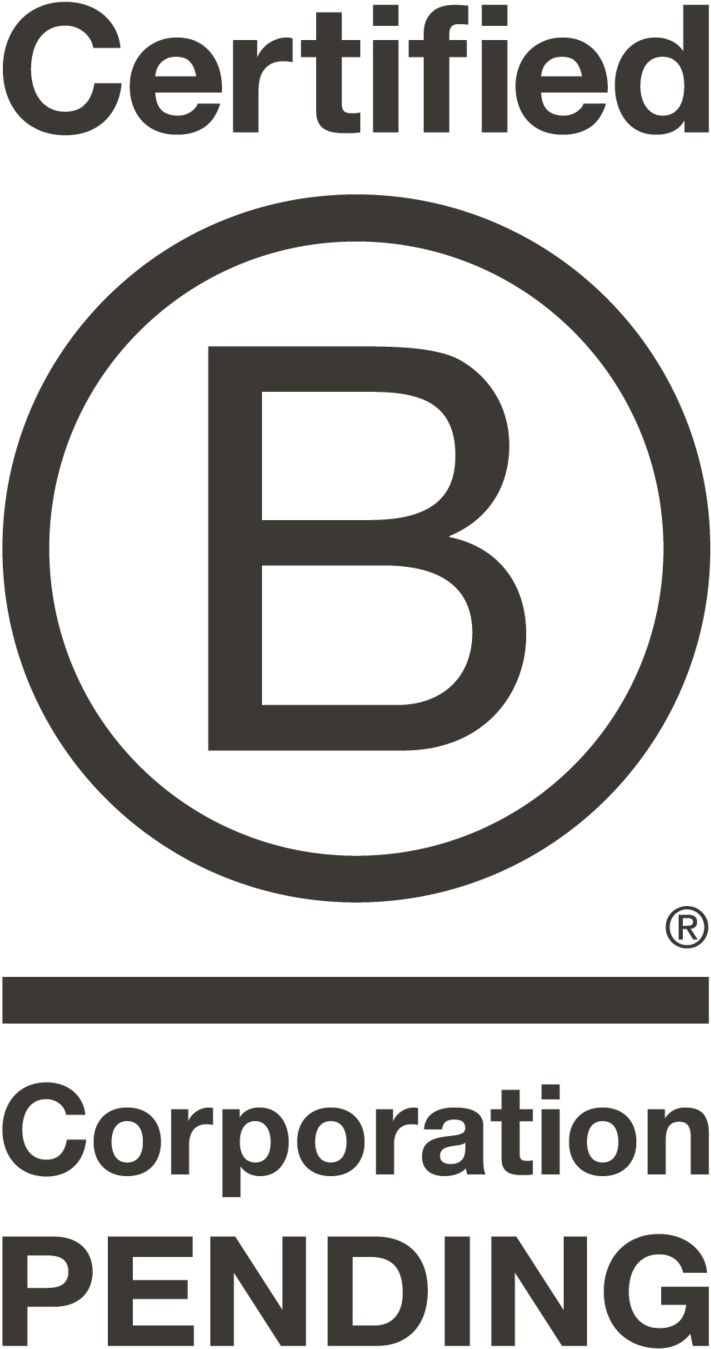Along with regular exercise and healthy eating - sleep is the third pillar of the "good health" trilogy.
Employee wellbeing has long been a prominent discussion topic within leading global organisations. Helping their employees maintain a healthy lifestyle by offering them services and perks to help to stop smoking, providing fresh fruit, thorough medical insurance and alternative, healthier choices in the day to day workplace.
Today, innovative companies go far further than essential health and wellbeing. Walking meetings, yoga classes and onsite gyms are now the norms, even meditation rooms and wheatgrass stations instead of the vending machine. However, there is one area where companies fall short - helping their workers get better sleep, until now.
Time for Organisations to Wake Up!
As science offers a growing awareness of the importance of sleep and the impact of sleep deprivation on health, companies are beginning to explore ways to try to improve their employee's rest. Johnson and Johnson offer employees a program for battling insomnia, including on-demand assistance/content and a sleep diary. Goldman Sachs has brought in sleep experts to consult and incorporate deep-sleep programs, and Cambridge University now issues blue light glasses as standard.
As more research and data becomes available, the consequences of sleep deprivation are becoming more apparent. Research conducted by Harvard University found that for the average workers, insomnia results in the loss of 11.3 days of productivity annually, or the equivalent cost of £11,500 per operational or executive leadership employee to an FTSE 350, and that's just salary... Across the wider FTSE, that represents a loss of £billions every year!
This is compounded when the sleep deprivation is centred in the C-suite.
A Potential Project survey of 35,000 business leaders in conjunction with the Harvard Business Review found that only 28% say they get 7 or more hours of sleep per night. A McKinsey study also found that 43% of business executives interviewed feel that they don't get enough sleep at least 4 nights a week.
Some senior executives can manage their sleep well, emerging alert after crossing multiple time zones or working late into the night. However, we all know caffeinated execs who, after hours of restless sleep, have trouble recalling simple facts, or seem uninspired or disengaged, lacking patience with colleagues, unable to think through problems or reach clarity? And what's worse, this was all pre-pandemic, before the world of consistent on-demand Zooms.
Leading at the executive level requires a quick, sharp mind and a continuous presence. Tomorrow's workplace demands that we understand that optimal leadership starts with proper sleep, allowing decision-makers to recover, focus and perform at their best.
Brain function is directly related to organisational leadership. The last part to evolve, the neocortex is responsible for sensory perception, motor commands, and language. The prefrontal cortex directs what psychologists refer to as "executive functioning." This includes high-order cognitive functions like reasoning, organising, problem-solving, inhibition, and creating and executing plans. The prefrontal cortex helps us to get things done.
Because leadership behaviours rely on one or more of these higher-level executive functions, the prefrontal cortex is crucial. Neuroscientists have determined through their research that while other areas of the brain can cope relatively well with a lack of sleep, the prefrontal cortex cannot. While the primary motor and visual skills deteriorate when the person is sleep-deprived, the deterioration is markedly worse in higher-order mental skills.
As awareness increases at the executive level, more companies are beginning to incorporate leadership coaches and sleep monitoring as well as third-party programs into their corporate wellness programs. In today's complex and competitive business environment, with both leadership and employees often having to work unreasonable hours, and the world is waking up to the fact that it's not sustainable.
However, hiring a sleep coach or behavioural therapist or putting programs in place will only go so far in changing employees' sleep patterns. To be effective, companies need to make broader cultural changes.
Changing Company Policies
For real change to happen, companies need to incorporate policies as part of their culture. As CEOs and other corporate leaders begin to realise how vital sleep is to their ability to perform optimally, including their ability to focus, they are beginning to incorporate changes in company policies. Here are some areas where policy changes can benefit all employees and leadership:
1. Team Working
Today, companies need to be outwardly facing 24/7. However, internally, the burden should be spread. Service desks in global organisations have shown the way, shifting locations every eight hours. Multinational corporations can alleviate pressure by creating leadership teams that shift control to other teams in different time zones as the day progresses.
2. Emails
Some companies have begun to impose blackout times on work emails. For example, I can talk about us at inbeta. Our slack channel turns off at 7 pm until 8 am the following morning - and we know of American organisations to have gone so far as to program wider, non-board employees' smartphones to switch off work emails automatically between 7 pm and 7 am. While this may be disruptive in many knowledge-based companies, provided there are overrides, incorporating a "blackout" policy can send a clear and positive message.
3. Predictable Time Off (PTO)
A Harvard Business School professor introduced this policy as a way to catch up on lost sleep: It is basically a planned night off with no email, no work, and no smartphone. A large global consulting firm found that this policy directly boosted productivity when it tested this approach and has since created a company-wide program.
4. Napping Room or Sleep Pods
The contentious topic - sleep pods! Many companies are borrowing this "perk" from global technology and law firms who have lead the way. While a sleeping executive's image might be misconstrued, research has shown that a short 10 to 30-minute nap improves alertness and performance for up to two and a half hours. To provide insight, 34% of U.S companies allow naps and designated nap pods or sleep rooms are becoming the norm, at least across Google, Huffington Post, Cisco, Ben and Jerry's to name a few.
To summarise, organisations need to find methods for addressing employee retention and churn, increased healthcare costs, and lost productivity due to insufficient sleep. As millennials, who care less about high salaries, and more about work-life balance, make their way into the C-suite, the next generation of employees may reap the benefits of the coming changes.
Don’t Forget to Share this Post!










